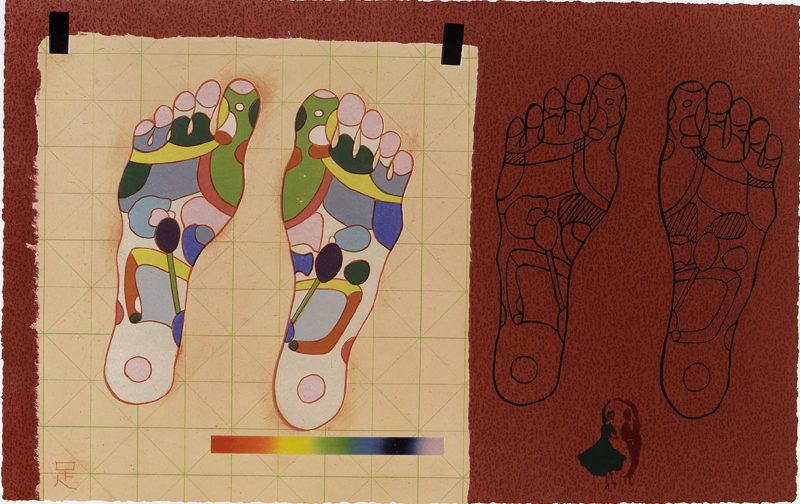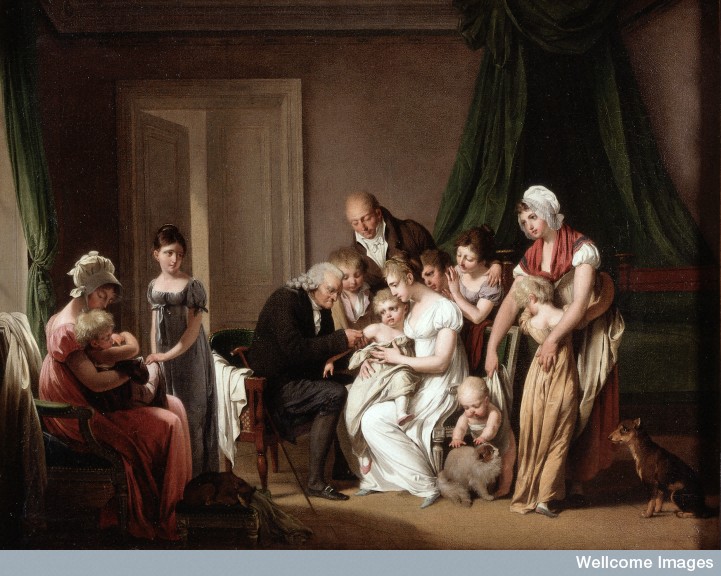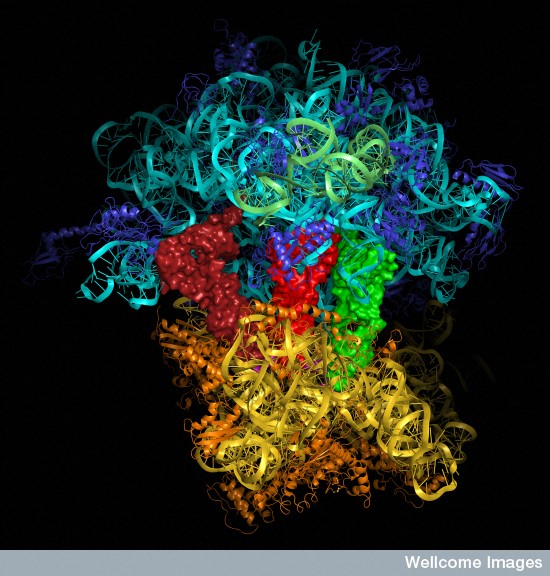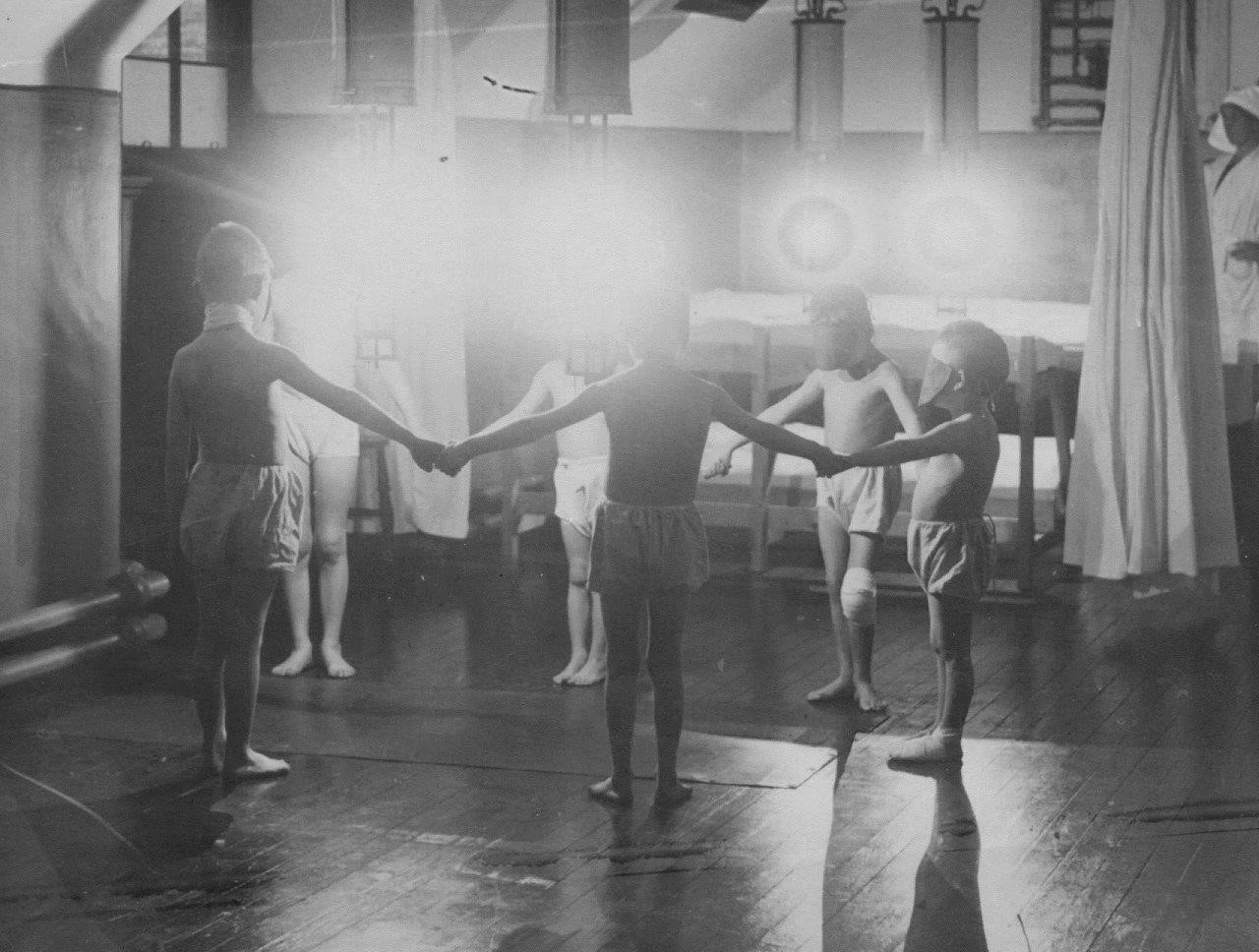‘A Corporate Humanity’ – Cataloguing the Records of the Glasgow Public Health Department
Posted onAlison Scott, Project Archivist, Glasgow City Archives
The Wellcome Trust is funding a project to catalogue the records of the Glasgow Public Health Department and its predecessor authorities.
Glasgow paid a heavy price for being the ‘second city of the empire’. Rapid industrialisation led to over-crowding and dangerous levels of pollution. The resulting effects on the health of the people were profound. In 1895 the Public Health Department was formed, as the city attempted to address these effects. Under its succession of dedicated Medical Officers of Health it slowly created a better city.
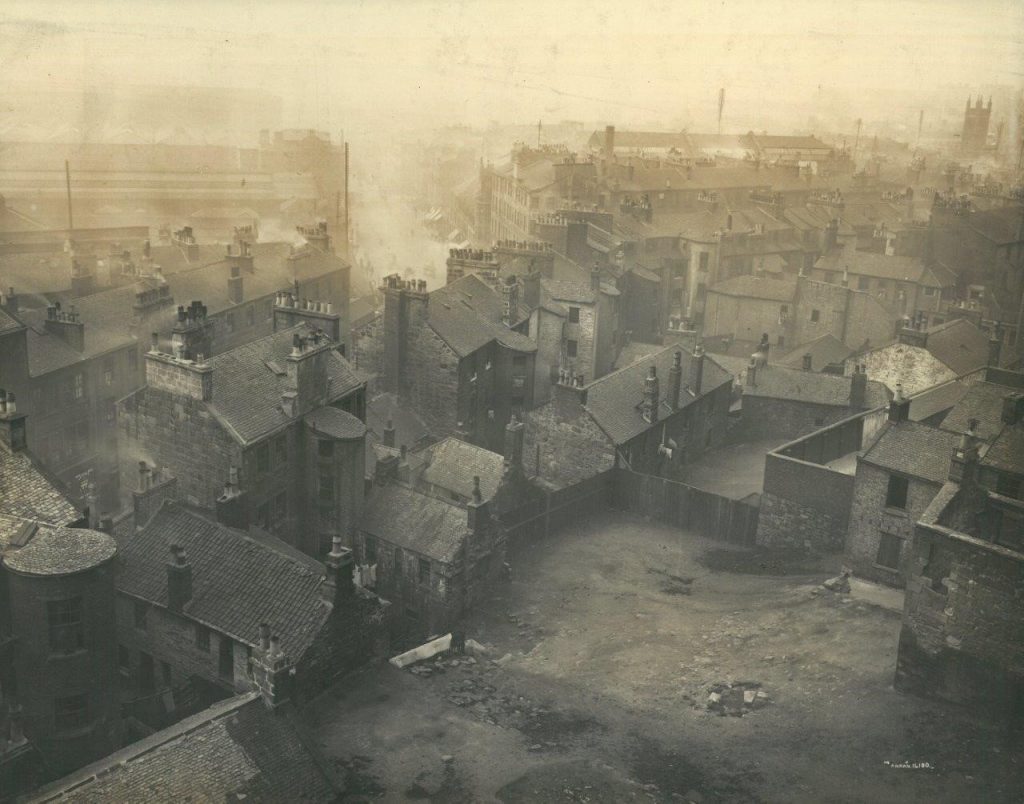
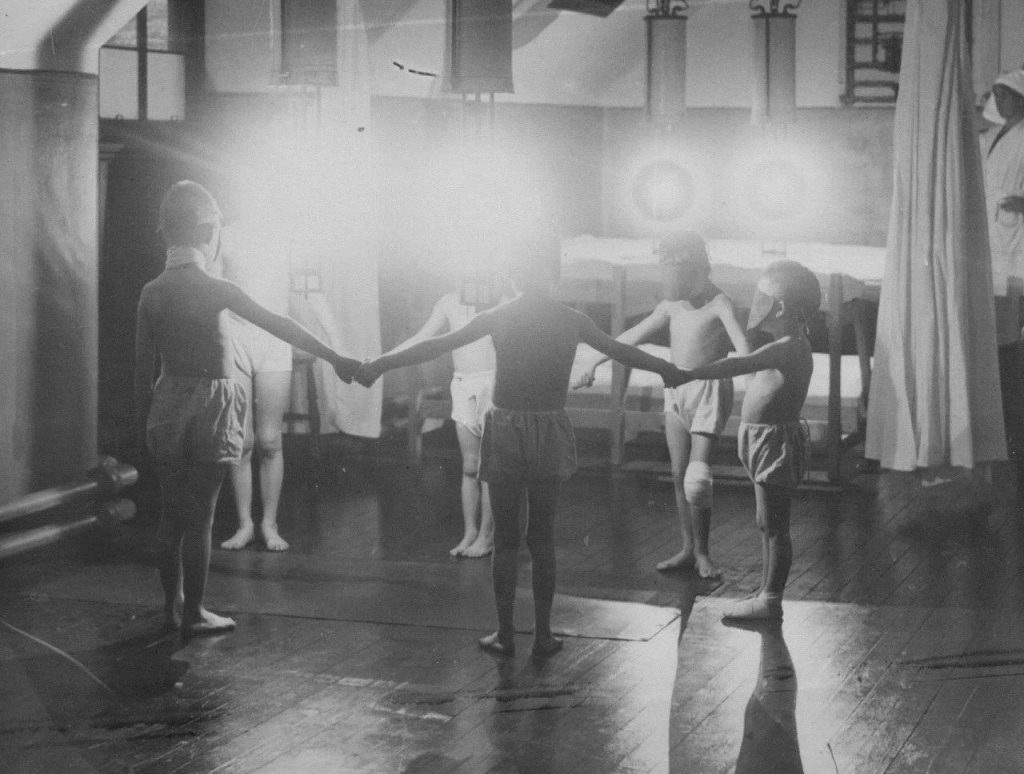
The collection also contains the Department’s working records such as reports on housing conditions and insanitary tenements (1920); returns of infectious diseases (1920-1973); prosecutions for smoke pollution (1899-1960); and files on the wartime inspection of shipping.
Apart from the core records other resources include 137 newspaper cuttings files on a wide variety of health and social subjects (1907-1939); publications by the Department (1897-1974); and a large number of glass negatives and lantern slides.
Work is already finished on the departmental records themselves and an item-level list of this important collection is available for the first time.
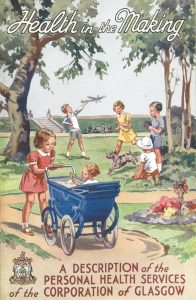
The project is similarly extended to the records of the burghs absorbed into the city through boundary extensions as they also had public health functions. Their records will be re-catalogued, including a substantial amount of previously unavailable material.
The quotation in the title come from the sermon given at the funeral in 1904 of James Burn Russell, Glasgow and Scotland’s first full time Medical Officer of Health. The minister presiding looked to a future where there would be ‘a corporate humanity, a public virtue, a body-politic with its laws, duties and responsibilities’. He saw Russell as having fought against both ignorance and selfishness to create a model of his work in sanitation for the rest of the world to follow.
An online article in celebration of James Burn Russell, Glasgow’s first full time Medical Officer of Health, can be found at: http://bit.ly/2dxyiZl
For further information contact Alison Scott, Project Archivist: alisone.scott@glasgowlife.org.uk.
